This is custom heading element
[post-fields post_field=”wpcf-subtitle”]
[post-fields post_field=”wpcf-byline”]

Your research is focused on health equity. What role can the law play in addressing this issue?
I’m really interested in socioeconomic determinants of health— which include not only socioeconomic status, but also things like access to education or the neighborhood you live in — and how they impact low-income, minority populations. And the rule of law can also be a social determinant of health. My research looks at how the laws and policies we have in place have magnified or in some cases created obstacles for people, and how we can revise them to create better outcomes for everyone
Can you give an example of a law or policy that has had this effect?
Back in 2015, the U.S. Supreme Court decided a case: Texas Dept. of Housing and Community Affairs v. Inclusive Communities Project, Inc. In the decision, the court found that claims of disparate impact are recognizable under the Fair Housing Act. In this case, disparate impact means your housing practices are adversely affecting a protected group of people more than another, non-protected group. We know the Fair Housing Act says you can’t have intentional discrimination (for example, “I’m not renting to black people”). But the court went a step further and said, you can’t have a law that disparately impacts these protected groups either.
Sounds like that would be a good thing.
Yes, but the ruling also created a problem, because the court said you couldn’t use statistics to show a disparate impact. Instead, you have to show a direct link from a particular policy (in the Supreme Court case, it was providing low-income tax credits to landlords primarily in minority neighborhoods) to the specific statistic (in the case, increased segregation). This kind of direct causal effect is very difficult to prove because these problems inherently have several contributing factors.
How important is it for law students to learn about these issues?
Having law students work towards solutions to mitigate disparities helps them understand how expansive the law can be and what it means to be a lawyer in that context. You can’t just stay in your silo. Recently, I received a grant along with Leslie Wolf, interim dean for the College of Law, and professor Paul Lombardo, Regents’ Professor and the Bobby Lee Cook Professor of Law, to develop a bioethics class for students. Bioethics refers to a set of principles and values that medical professionals follow to create a more holistic practice. We’re interested in learning how can it be applied in other fields like law, the criminal justice system and the welfare system. Basically, how can we use bioethics to create a more just society?
How do your students get exposure to what this looks like in the real world?
I developed an experiential Law & Health Equity class where students work with community groups. At the end of the class, their goal is to create a plan to mitigate a health disparity for that group. It could be rehabilitating vacant homes or addressing voter disenfranchisement. The purpose is to give students context for how these issues are interconnected.
Are there particular policies that you’re tracking in the city of Atlanta?
I’m interested to see how the housing bond (a $100 million bond that Mayor Keisha Lance Bottoms plans to use for affordable housing initiatives) is going to be spent. The options range from buying land to offering down payment assistance to building affordable rental units, and each of those might net a different outcome. With the city’s 2018 adoption of an inclusionary zoning policy (which requires housing developers to set aside a certain number of affordably priced units), it’ll be interesting to see the developments that emerge and how they look compared with a lot of the other new developments in Atlanta.
We are chatting in the midst of the coronavirus pandemic. From your perspective, what does this event reveal about socioeconomic determinants of health?
The pandemic really shows how individual health outcomes are tied to the health of our society. The decisions we make have ripple effects. When containment is reliant on simple sanitary measures, then if you’re not able to get those supplies or stay home when you’re sick, that’s going to affect everybody. If you don’t have running water to wash your hands, that’s going to affect everybody. It’s becoming clear to many people that public investment in things like housing or poverty reduction are factors that also impact our health.
Photo by Carolyn Richardson

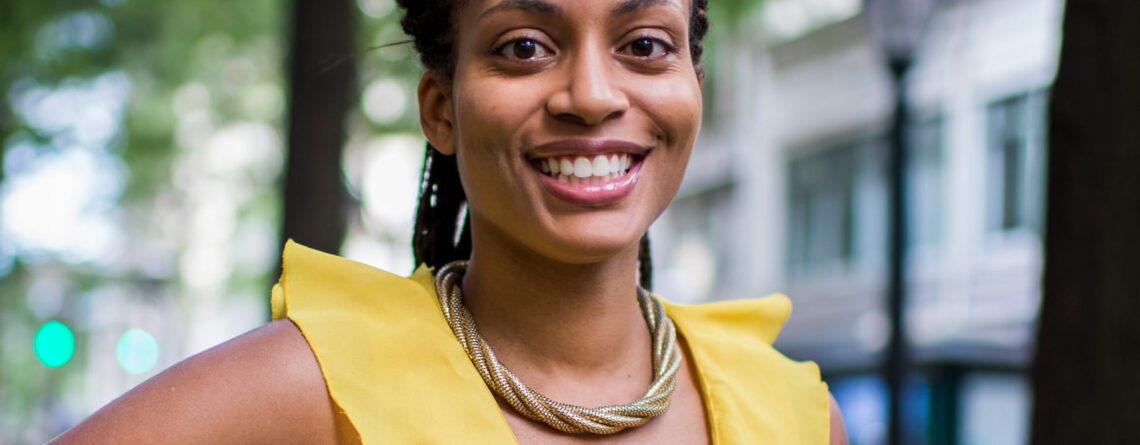
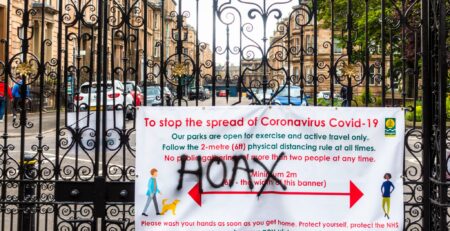


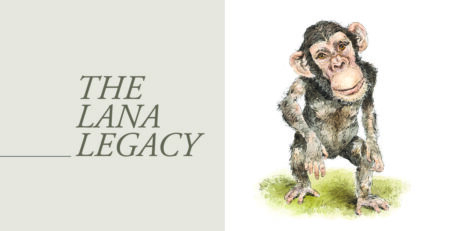
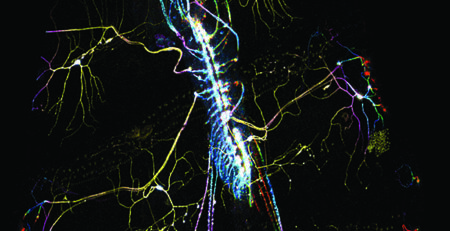



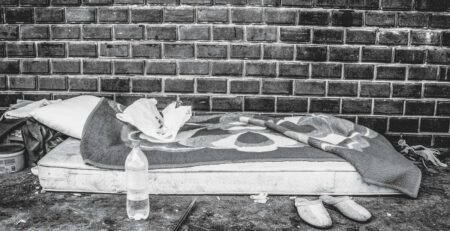
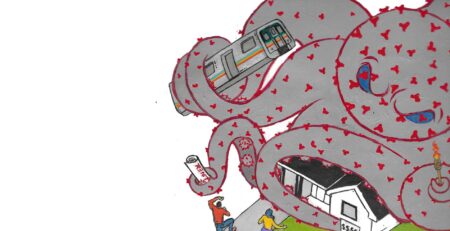
Leave a Reply